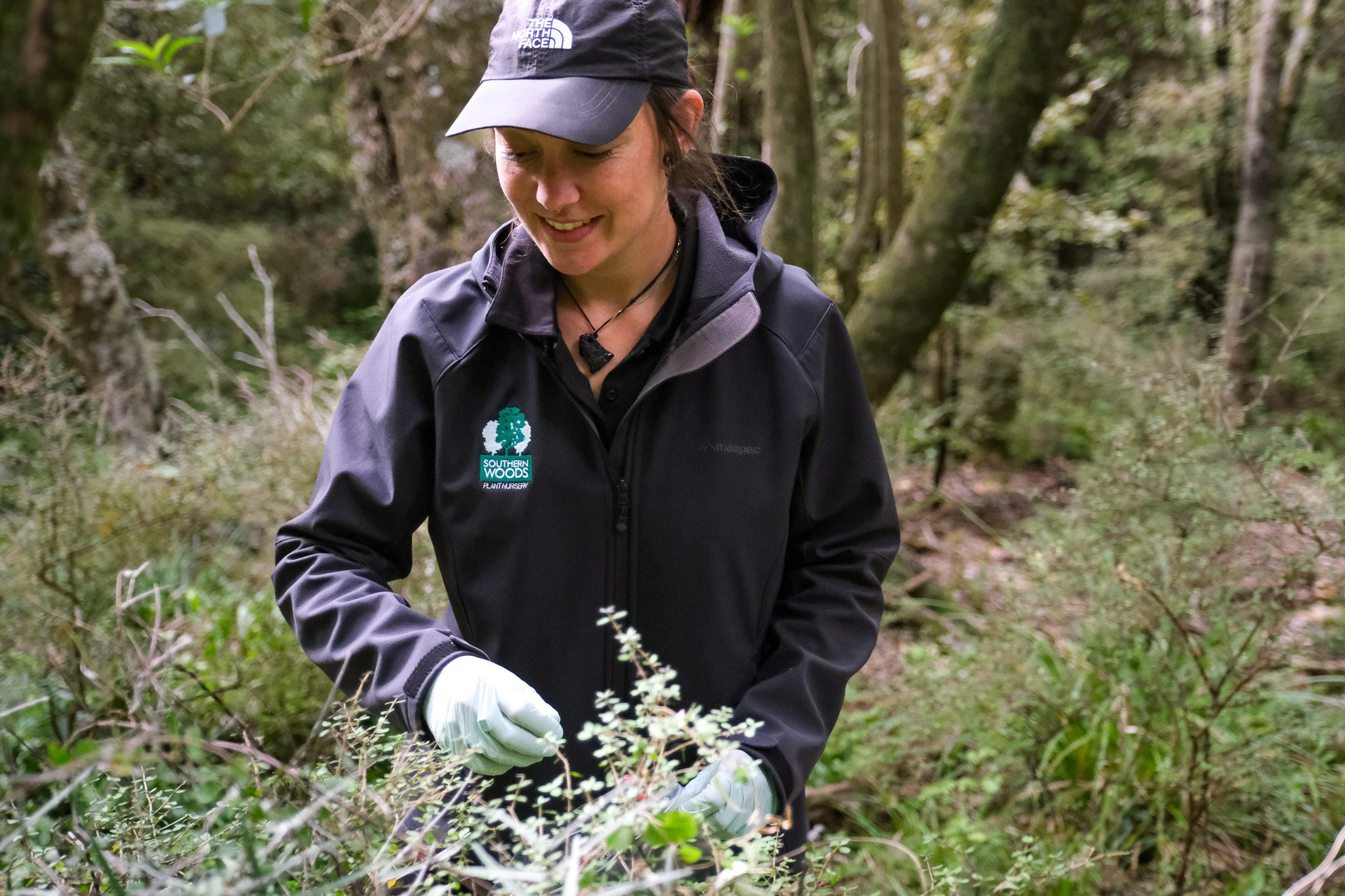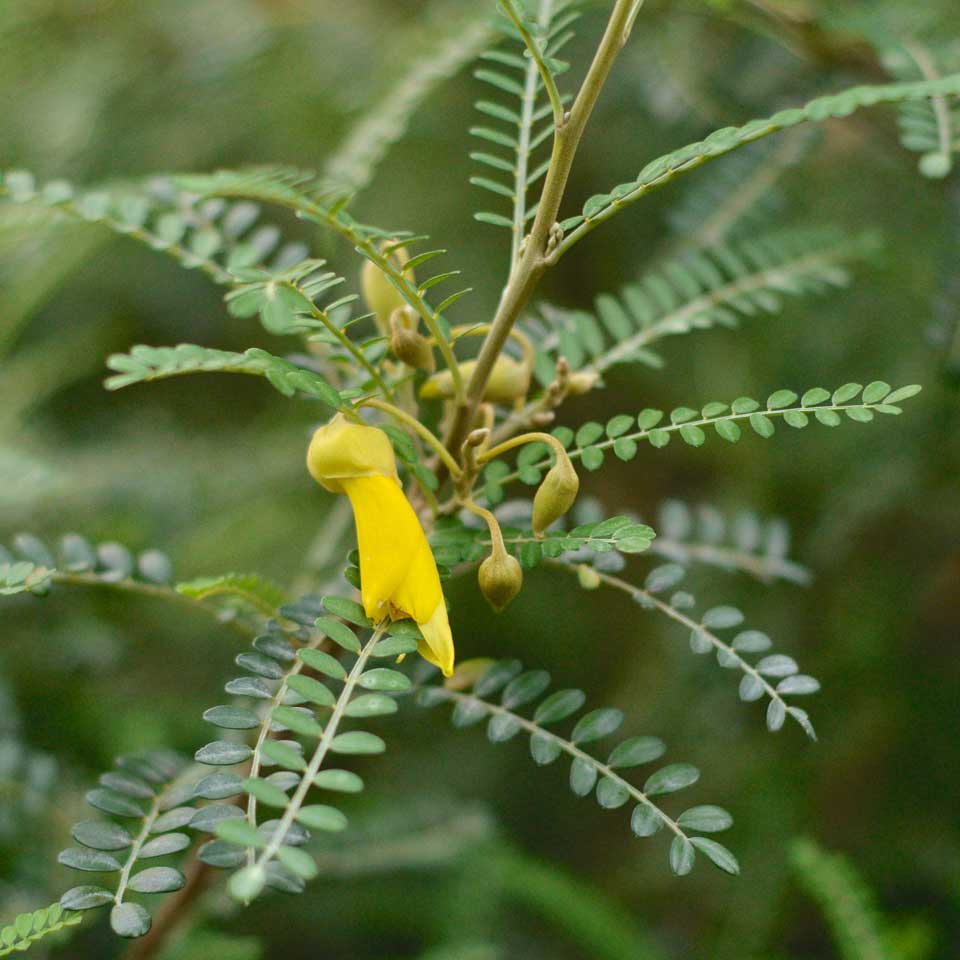Eco-sourcing
Full traceability, from collection to supply
Southern Woods proudly supplies eco-sourced natives across the South Island. Eco-sourcing involves harvesting seeds from local communities to return the same genetic material back when replanting. This ensures plants are hardy to local conditions and helps to restore and enrich the local plant community rather than replace it.
Eco-sourcing relies on detailed collection and recording procedures for each batch of seed collected. With recent revisions to our methodology, we’re exceeding New Zealand industry standards for recording and reporting seed collection information, ensuring full traceability through the propagation and production process. We sell eco-sourced plants by their corresponding DOC ecological district, you can find more information on these below.
The benefits of eco-sourcing are better survival and growth of your plants, as they will be genetically adapted to your environment. For example, a kānuka collected in Canterbury will have different survival characteristics to one collected in the north island. There are often significant differences between coastal and inland plants of the same species.
The eco-sourcing process starts long before you take delivery of your plants, and works with the ebbs and flows of nature. ‘Mast’ seeding years for some species mean there are often gaps in seed supply across regions. To ensure you receive plants from your region in large quantities, we recommend ordering up to 24 months in advance to allow time for seed collection and the growing of the plants.

ECO-SOURCING
The Process
Source Identification
Our experienced seed collectors start the collection process from late December to June each year. We target areas throughout the South Island, predominantly in Canterbury and Central Otago. For specific contracts, our team can collect propagation material from remnant bush across New Zealand.
Once a species list is collated, we start the collection process considering the following:
- Remoteness from amenity planting so the chance of contamination is minimised.
- Specimen selection. We only select from plants and trees that are robust and healthy.
- Targets must be true-to-type for that species.
- Seed viability and ripeness.
- Maintaining biodiversity. We take no more than 25% of the seed on any given plant.
- Plant preservation. We only remove the seeds from the plant – we do not remove any branches or leaves.
Documentation and Record Keeping
Each seed species is coded at collection time so that we can track the following:
- Details of the collection site.
- Photographs with full metadata
- GPS coordinates
- DOC Ecological district. See the map below for details.
- Date of collection.
- Seed collection team members.
- What treatment the seed has needed.
This individual code follows the batch of seeds from collection through to propagation and supply. Other information, such as germination trial data, is progressively added.
After collection, the seeds are stored in our custom-built seed room, which keeps them at a constant temperature. The seeds are then germinated to meet customer and nursery demand. Where feasible, we store seed for the following years in case of bad germination seasons.
Southern Woods also grows landscape and amenity plants. Not all crops we produce are eco-sourced, particularly selected native cultivars and exotic species.
If you have any questions on the eco-sourcing process, talk to our team today.
